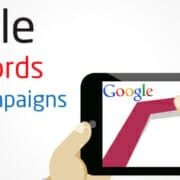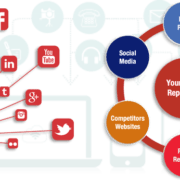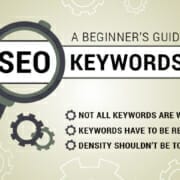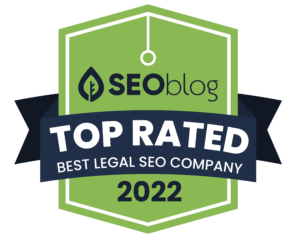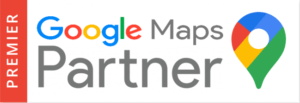SEO Optimization
SEO is an acronym for ‘Search Engine Optimizer’ or ‘Search Engine Optimization’. SEO is nothing but another way of bringing more visibility to your website in search engines. This process began in the mid 90’s when content providers started website optimization for search engines for cataloging. Simply put, SEO Optimization is a process where you can modify some relevant keywords, keyword phrases and search strings on your web page or your website so that, they would match up to the most likely usable phrases during any search. In order to achieve this you may not only have to optimize your page text, but also internal and external links, meta tags, page and directory names, images names and alt tags, to start you off.
You know you have done a job of it when there is a noticeable increase in your website ranking in the organic search results, the higher your rank in the search engine the more the chance of your site to be visited by a user. In other words making you most visited. As a practice Web users mostly visit only the top few sites that come up after a search result. Thus your ranking in the whole scheme of this is of utmost importance; however there is no guarantee of influence of SEO on your website organic listing.
Although there are various practices out there for optimization of your site, buying links to improve your site’s ranking, black hat SEO techniques to name a few malpractices are surely not a good way to start. If discovered by Google, these practices may negatively impact your ranking in search results and you may also be risking a ban on your site from Google. When getting started you may consider one of the many SEO consultants who can help in making your website optimized, but there are few key factors that you must educate yourself with. Optimization may include some of the below mentioned factors that should bring about the desired change in your website.
a) HTML title tags – These must be exclusive, relevant and must contain words that people use to search often. Same would apply for HTML “Heading 1” tags as well.
b) Page Content – Depending on the content your minimum aim should be of 20 – 30 pages on your website of keyword rich content of 300 – 500 words at least. Having a rich range of synonyms conveying the meaning of your title would be an advantage.
c) Meta description tags – They are only description tags under your main website link on the search engine page, critical in conveying the right message to your users.
d) Link structure – Optimally utilizing the rankings of other links for your website’s ranking is also something to keep in mind.
Keeping the above mentions key words in mind before getting a professional SEO for your website or a DIY module online would be give you a good head-start in optimizing your website up to satisfaction.
For professional seo optimization see SEO Optimization.


